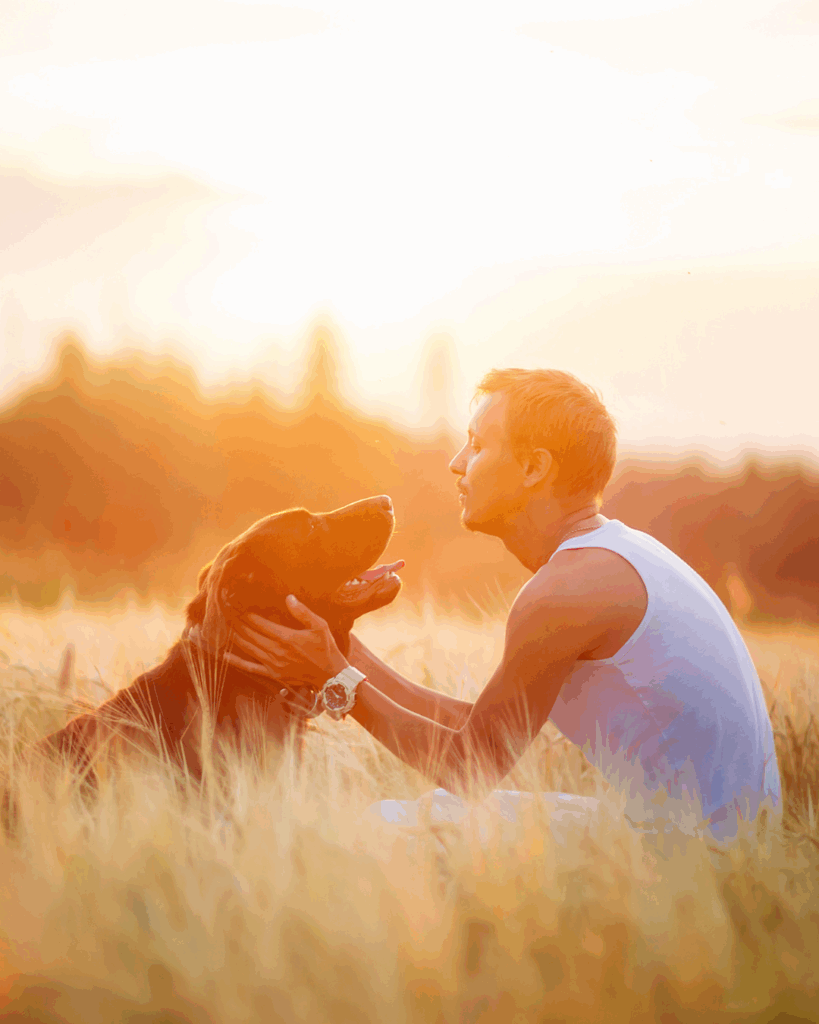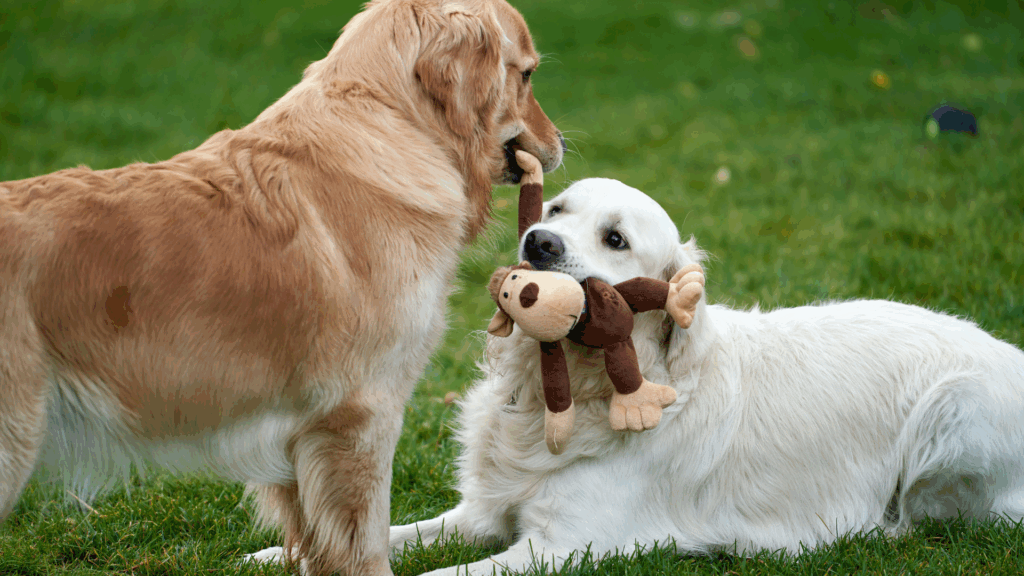Meet Chewbacca!
When we first met Chewbacca he was struggling mightily to control his instincts to let EVERYONE know that he was in charge…lots of barking and pulling with this big boy!
It was challenging for him to show us his sweet, lovable and good-natured side because his German Shepherd genetics wanted to control everything around him.
Chewbacca’s Dad has a heart of gold…but his patience was beginning to wear thin as he wanted EVERYONE to see how sweet his dog is…but didn’t know how to help Chewbacca relax.
So Dad came to our packwalks! He had faith that even if all the internet advice and YouTube videos didn’t work…there was something that could!
With some new equipment and some new knowledge Chewy is now getting the proper socialization he has always wanted…and he’s finally able to show that beautiful smile off to his new doggy friends.
We are so proud of these guys and can’t wait to continue to help them!
If you feel like you are like Chewy just comment belowand we can get you started on your own success story. Take Chewbacca’s word for it!





